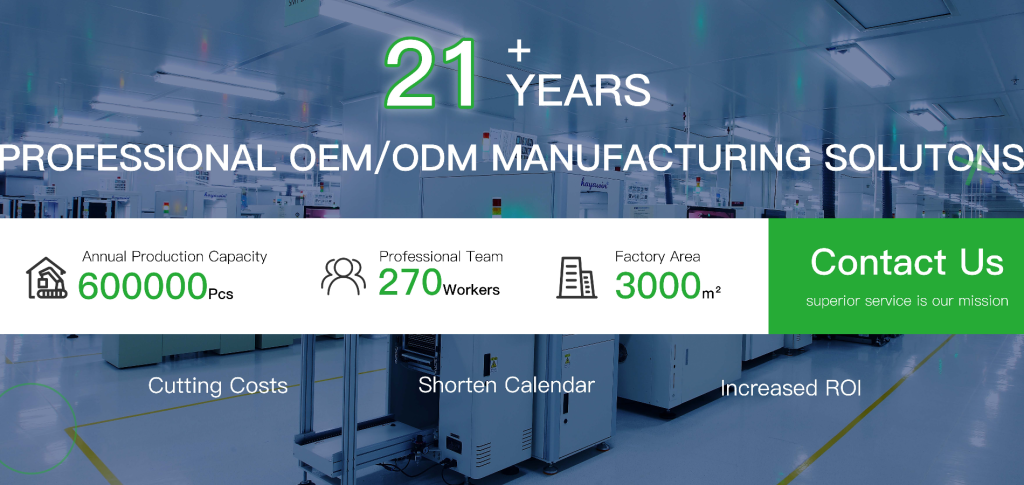Understanding the Role of PCB Board Prototype in Electronics
A PCB board prototype is an essential step in the development of modern electronic devices. It allows designers and engineers to test their ideas in a tangible form before moving forward with full-scale manufacturing. By creating a pcb board prototype, manufacturers can identify design flaws, evaluate performance, and make adjustments to ensure the final product meets exact specifications. This process not only reduces risk but also speeds up the journey from concept to production.
Benefits of a Well-Designed PCB Board Prototype
Using a PCB board prototype offers multiple advantages for product developers. It provides an opportunity to validate the functionality of the circuit layout while confirming component compatibility. Prototypes also allow teams to assess thermal performance, signal integrity, and overall durability. When issues arise, they can be addressed early, avoiding costly revisions later in the production process. The PCB board prototype stage ultimately ensures higher quality, reliability, and efficiency in the final product.
Speeding Up Product Development with PCB Board Prototype
The rapid creation of a PCB board prototype is key for companies aiming to stay competitive. Advanced manufacturing methods, such as automated assembly and high-precision fabrication, enable prototypes to be built in just days rather than weeks. This faster turnaround allows for more design iterations in a shorter period, leading to better optimization. By leveraging modern fabrication technology, businesses can bring products to market quickly while maintaining high standards of quality.
Quality and Accuracy in PCB Board Prototype Fabrication
The precision of a PCB board prototype is crucial for accurate testing. High-quality fabrication ensures that trace widths, spacing, and component placements are exactly as intended in the design files. Manufacturers use state-of-the-art machinery and rigorous inspection processes to produce prototypes that closely match production standards. This attention to detail guarantees that testing results are reliable and directly applicable to full-scale manufacturing.
Applications of PCB Board Prototype Across Industries
A PCB board prototype plays a critical role in various sectors, including consumer electronics, telecommunications, automotive systems, aerospace, and healthcare technology. In consumer products, prototypes help ensure compact designs and optimal performance. In industrial and automotive applications, they support the development of robust and high-reliability systems. Medical device manufacturers also rely on the PCB board prototype phase to meet strict regulatory and performance requirements before product launch.
Innovation and Advancements in PCB Board Prototype Production
As technology evolves, so does the process of creating a PCB board prototype. The industry is embracing new materials, smaller component sizes, and advanced manufacturing techniques like multilayer fabrication and flexible circuits. These innovations allow for more complex designs without compromising quality. Additionally, the integration of 3D printing and rapid prototyping tools is further accelerating the development cycle, making it easier to test and refine designs efficiently.
Choosing the Right Partner for PCB Board Prototype Services
Selecting a reliable manufacturer for your PCB board prototype is a critical decision. A skilled production partner will not only deliver precise prototypes but also offer valuable input to improve the design. Experience, advanced technology, and strong quality control are key factors to consider. Partnering with a company that understands both your technical requirements and market goals ensures a smoother transition from prototype to mass production.
Conclusion – Driving Success Through Effective Prototyping
The PCB board prototype stage is a cornerstone of successful electronics manufacturing. By investing in accurate, high-quality prototypes, companies can identify issues early, refine their designs, and bring better products to market faster. With the right technology and expertise, the PCB board prototype process becomes a powerful tool for innovation, performance improvement, and production efficiency.


